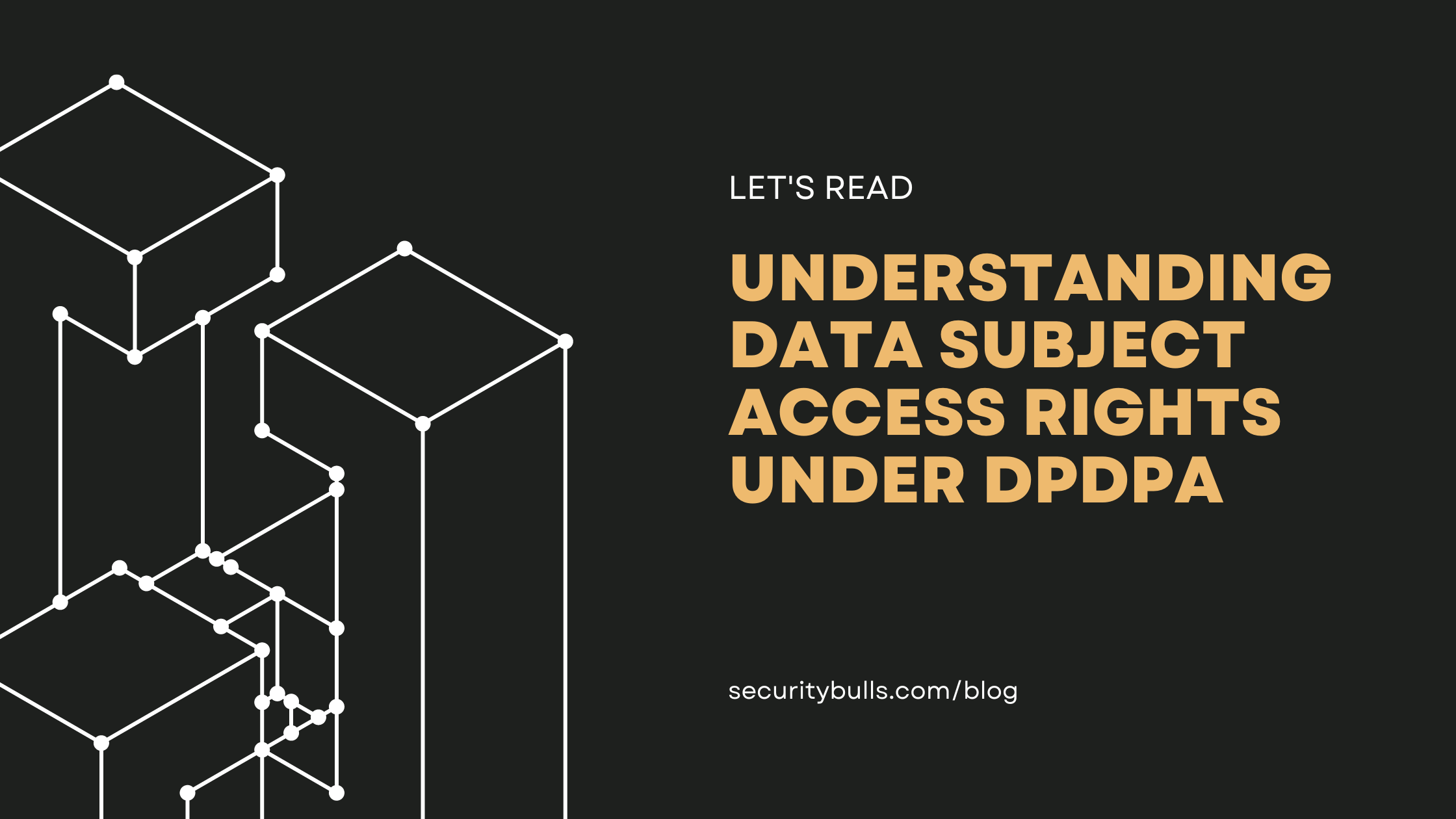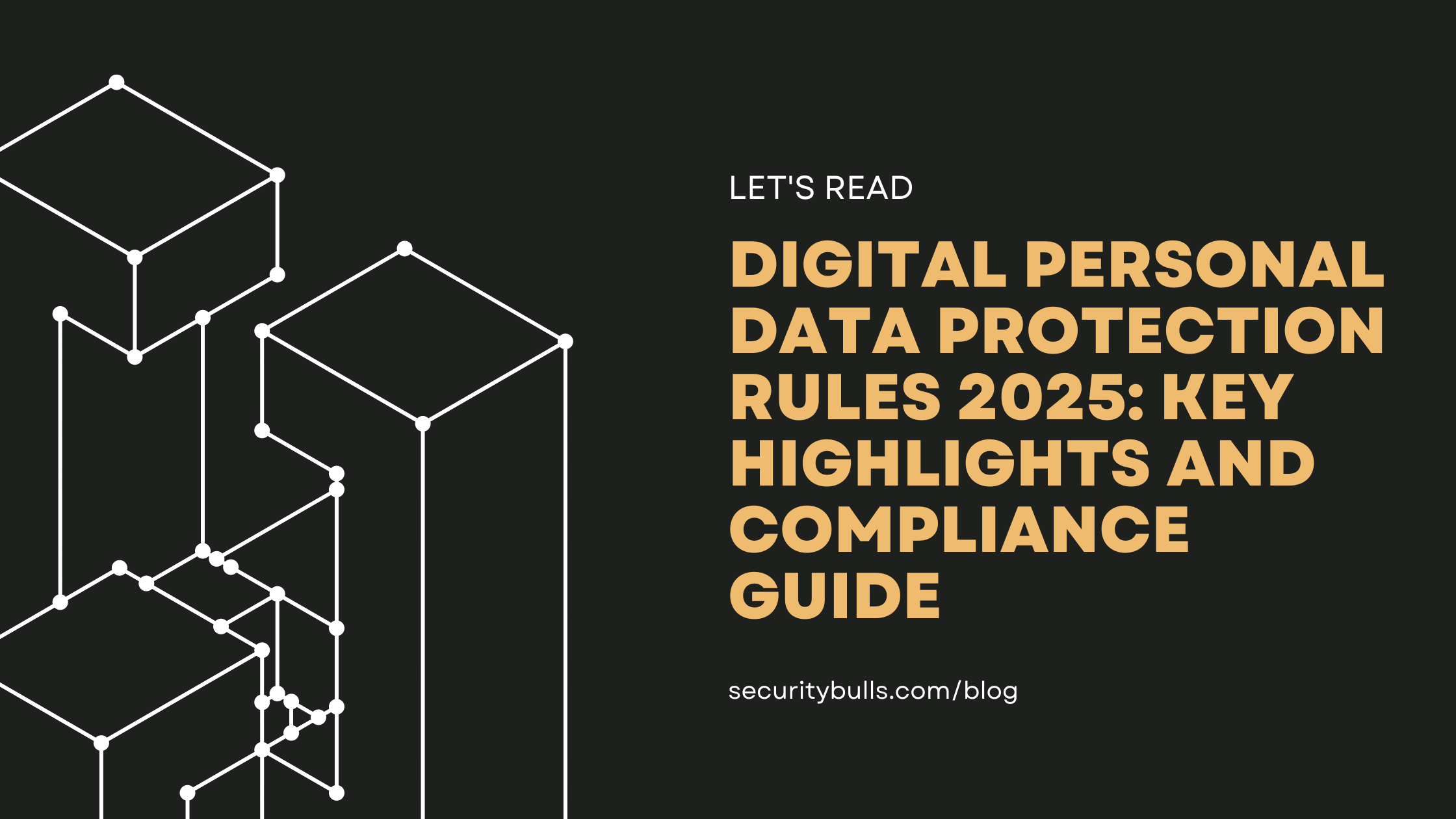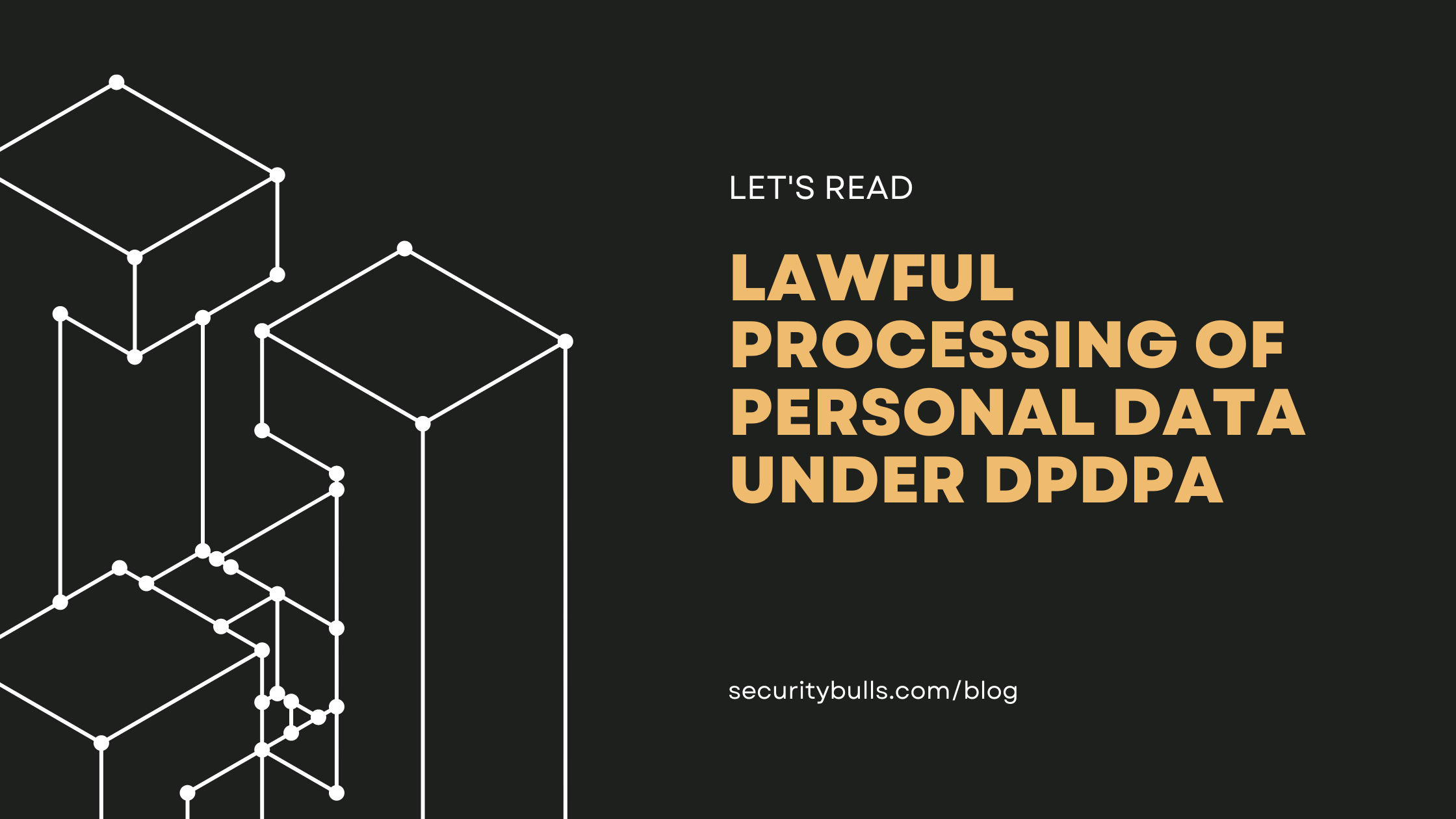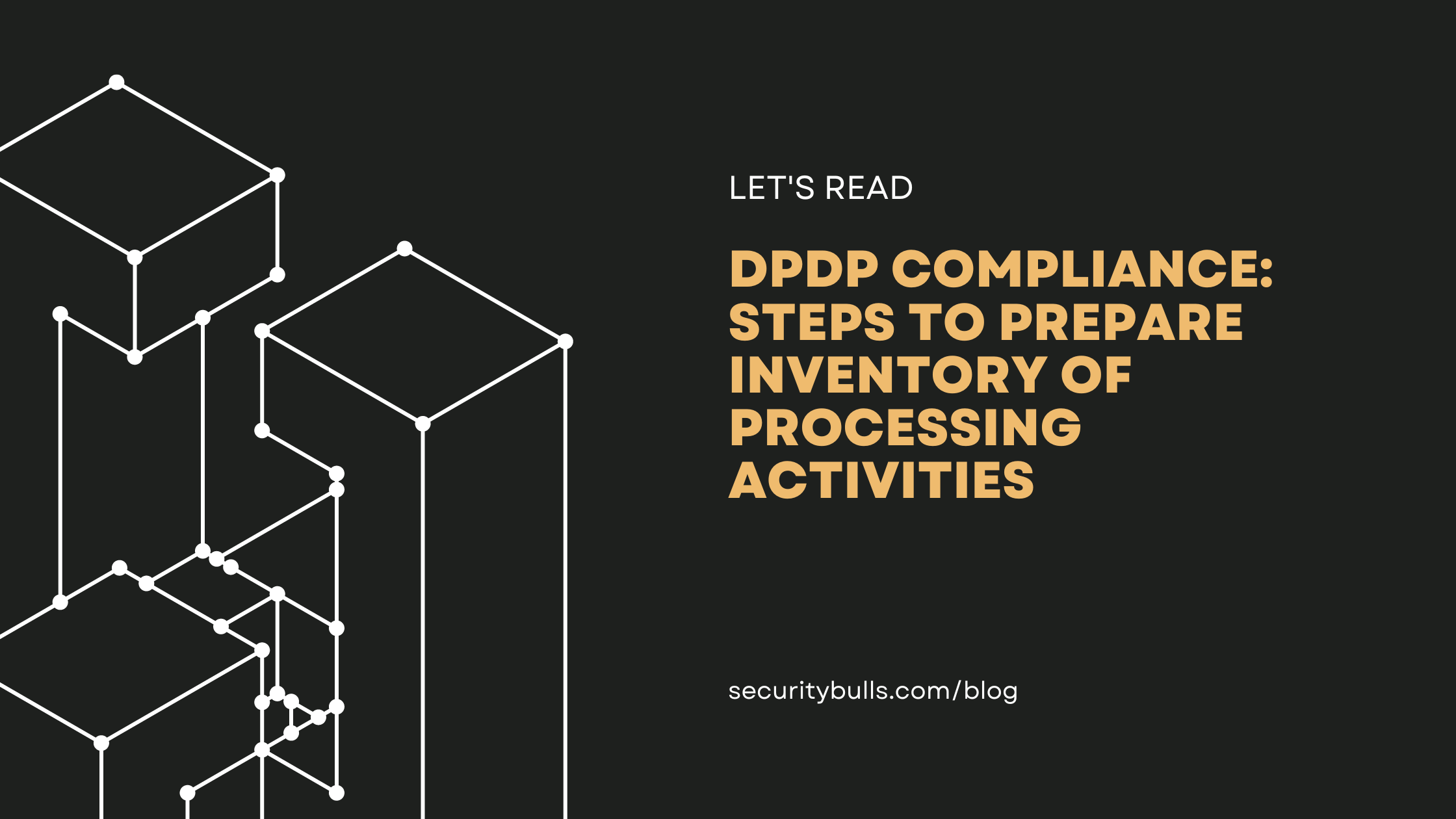The Digital Personal Data Protection Act (DPDPA) establishes comprehensive data protection standards, emphasizing the rights of individuals concerning their personal data. Among these, Data Subject Access Rights are pivotal, granting individuals control over their personal information. This article delves into these rights, their implications, and how organizations should navigate them.
What Are Data Subject Access Rights?
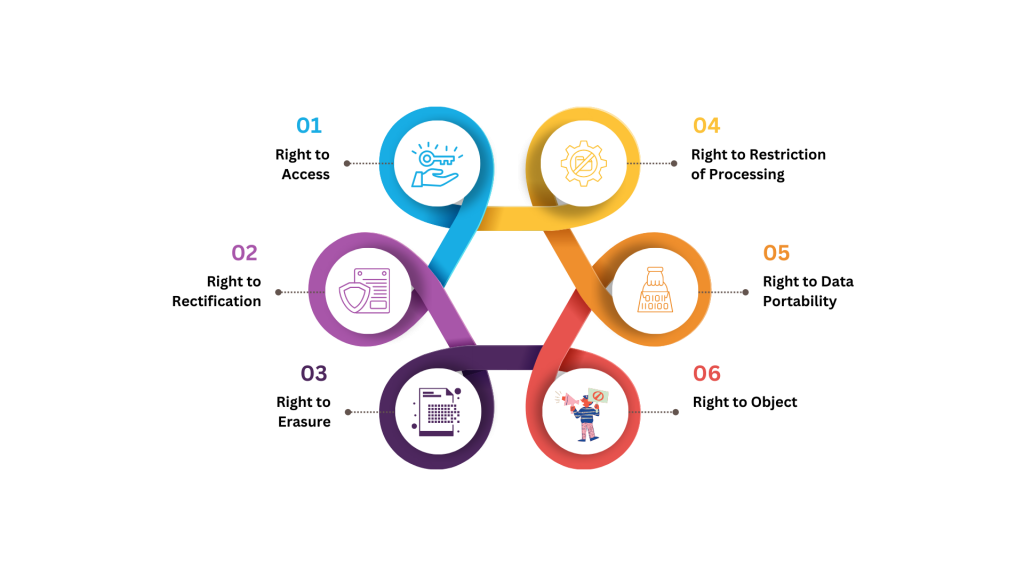
Data Subject Access Rights under the DPDPA allow individuals to request access to their personal data held by organizations. These rights ensure transparency and give individuals a mechanism to understand and manage how their data is processed. The key aspects of Data Subject Access Rights include:
- Right to Access: Individuals have the right to obtain confirmation as to whether their personal data is being processed and, if so, access to that data. This includes information about the data’s purpose, the categories of data processed, and the recipients or categories of recipients to whom the data has been or will be disclosed.
- Right to Rectification: If the data held is inaccurate or incomplete, individuals can request correction or completion of their data. This right ensures that organizations maintain accurate and up-to-date information.
- Right to Erasure: Under certain circumstances, individuals can request the deletion of their personal data. This might include cases where the data is no longer necessary for the purposes for which it was collected or if the individual withdraws consent on which the processing is based. However, there might be some limitation to this ßrequest since data erasure request must also align with legislative obligations.
- Right to Restriction of Processing: Individuals can request the restriction of processing their personal data in specific situations, such as when they contest the accuracy of the data or object to its processing.
- Right to Data Portability: This right enables individuals to receive their personal data in a structured, commonly used, and machine-readable format and to transfer this data to another data controller.
- Right to Object: Individuals have the right to object to the processing of their personal data based on legitimate interests or for direct marketing purposes.
How Can Individuals Exercise These Rights?
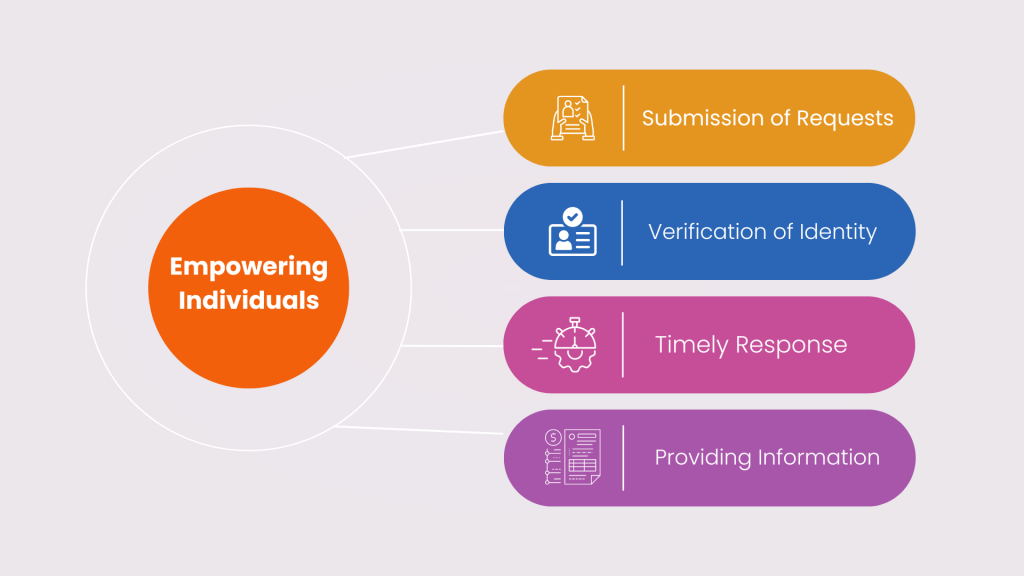
To exercise these rights, individuals typically need to submit a formal request to the data controller. Organizations must ensure they have clear procedures in place to handle these requests efficiently. Key steps in the process include:
- Submission of Requests: Individuals should submit requests in writing, detailing the specific right they are exercising and providing sufficient information to identify their data.
- Verification of Identity: Organizations may need to verify the identity of the requester to prevent unauthorized access to personal data.
- Timely Response: The DPDPA mandates that organizations respond to requests within a specific timeframe (often within 30 days). Extensions may be granted in complex cases, but individuals must be informed of any delays.
- Providing Information: Upon receiving a valid request, organizations must provide a copy of the personal data, the purpose of processing, and other relevant details. For requests involving rectification, erasure, or restriction, the organization must act promptly and notify the individual of the outcome.
Challenges and Best Practices
Organizations face several challenges in managing Data Subject Access Rights, including:
- Volume of Requests: High volumes of access requests can strain resources. Implementing efficient systems and processes is crucial to manage these demands effectively.
- Data Security: Ensuring data security while processing access requests is vital. Proper measures should be in place to protect personal data from unauthorized access during and after the request process.
- Training and Awareness: Staff must be well-trained in handling data subject requests and understanding the nuances of the DPDPA.
Conclusion
Data Subject Access Rights under the DPDPA give individuals control over their personal data. For organizations, compliance is not just a legal obligation but key to building trust. By implementing strong procedures and staying updated on regulations, they can manage access requests and ensure data protection. While meeting these requirements can be challenging, Securitybulls can help. Reach out to Securitybulls today to streamline compliance and enhance your data protection efforts.
